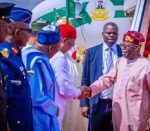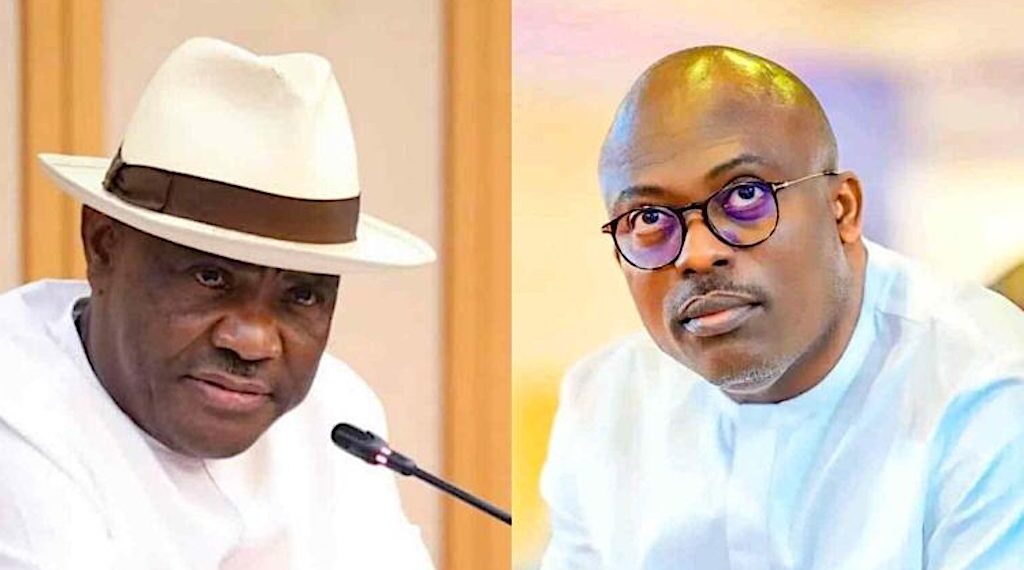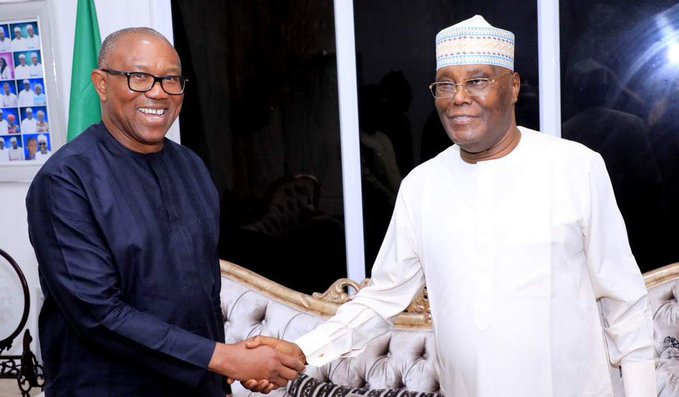Meet Kabir Abu-Bilal, A Nigerian Professor Who Works As A Welder
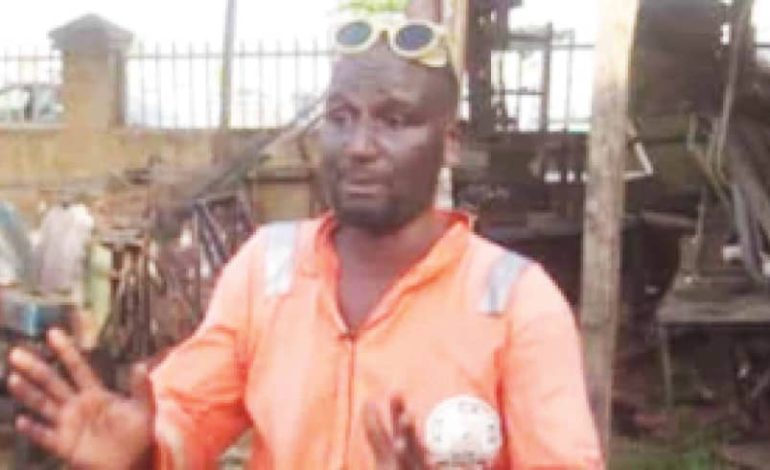

Professor Kabir Ahmed Abu-Bilal, an esteemed academic at Ahmadu Bello University (ABU), Zaria, holds the highest academic credentials yet is actively involved in welding as a means of supplementary income.
While boasting an array of academic achievements, Professor Abu-Bilal operates a modest welding workshop in Zaria, demonstrating humility by working on the roadside.
In an interview with Daily Trust Saturday, the Electrical and Electronics Engineering professor expressed that welding is not just a livelihood but also a way to utilize his God-given talents for self-reliance.


Reflecting on his past as an arts student, the professor revealed that despite excelling academically, he faced mockery from friends who valued science students more. This challenge led him to switch to the science stream, eventually excelling and securing admission to ABU for Electrical and Electronics Engineering.
Graduating with first-class honors, Professor Abu-Bilal swiftly transitioned to a lecturing role at ABU, specializing in Mechatronics Engineering.
He attributed his passion for handiwork to teaching both theory and practical aspects, learning from his brilliant students during practical lessons.
However, the university imposed a ban on external jobs, prompting him to establish his welding workshop independently. Despite starting from scratch, he overcame challenges, emphasizing the financial benefits of handiwork compared to his professorial salary.
During an ASUU strike when many colleagues struggled without salaries, Professor Abu-Bilal’s handiwork sustained him, illustrating the resilience and advantages of diverse skills. He urged students to acquire skills for self-employment, emphasizing the importance of being financially independent.
Beyond personal gains, the professor has contributed to society by fabricating machines for public use, including drilling machines, compressed soil block machines, scissor lifts, flour milling machines, and irrigation devices. He has also innovatively converted machines to use cost-effective liquefied petroleum gas, addressing economic concerns.
Expressing loyalty to Nigeria, Professor Abu-Bilal sees the country as his Germany, China, and Japan, emphasizing the need for concentrated efforts and government incentives to harness the nation’s potential.
Despite his innovative contributions, he seeks empowerment to further implement ideas for societal improvement, showcasing a commitment to national development.
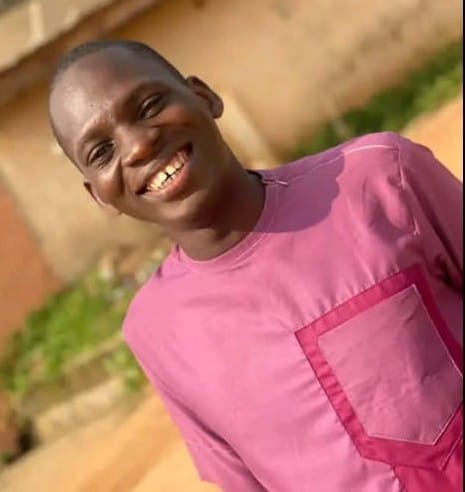

Sodiq Lawal is a passionate and dedicated journalist with a knack for uncovering captivating stories in the bustling metropolis of Osun State and Nigeria at large. He has a versatile reporting style, covering a wide range of topics, from politics , campus, and social issues to arts and culture, seeking impact in all facets of the society.




